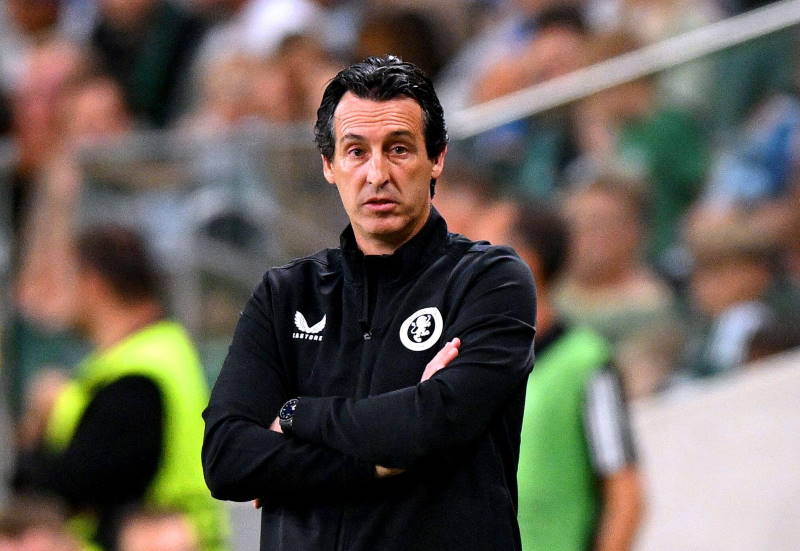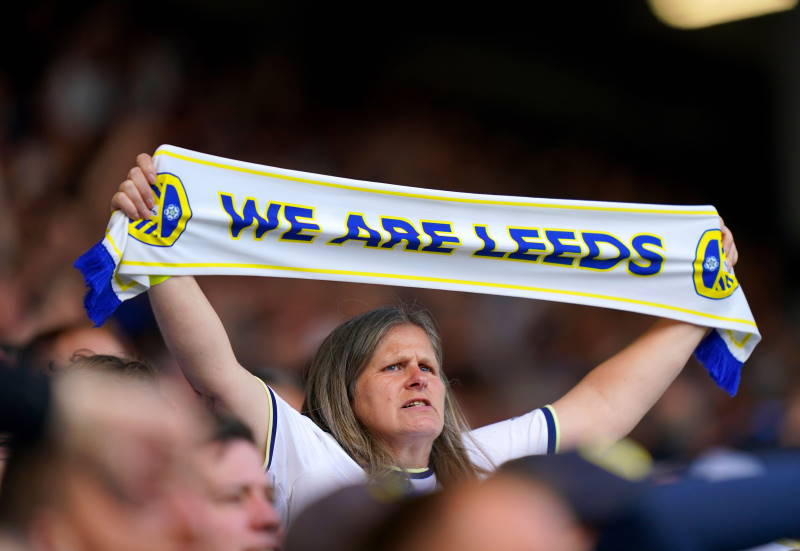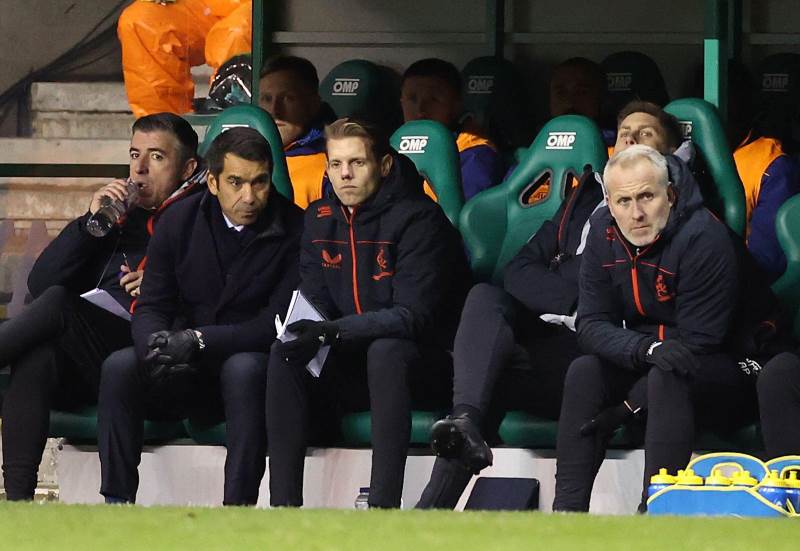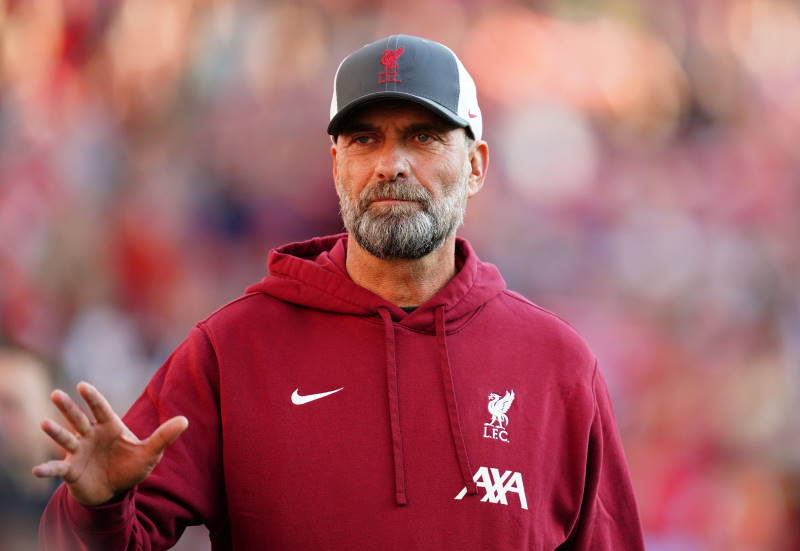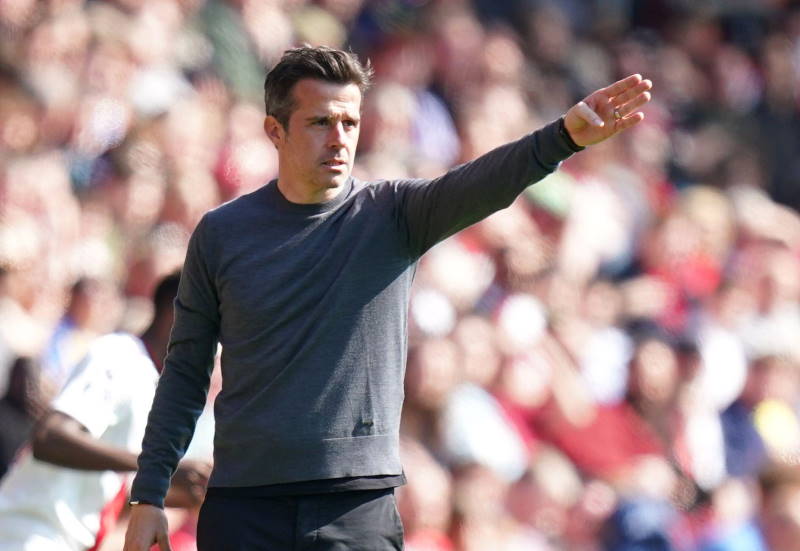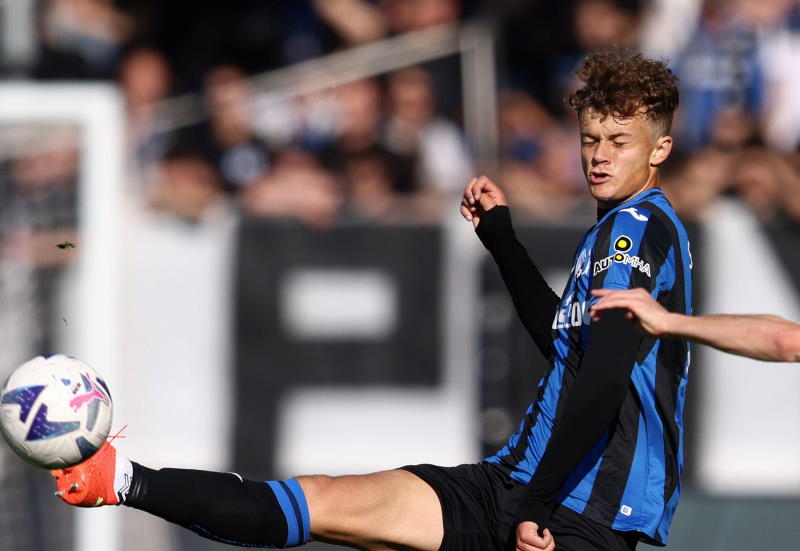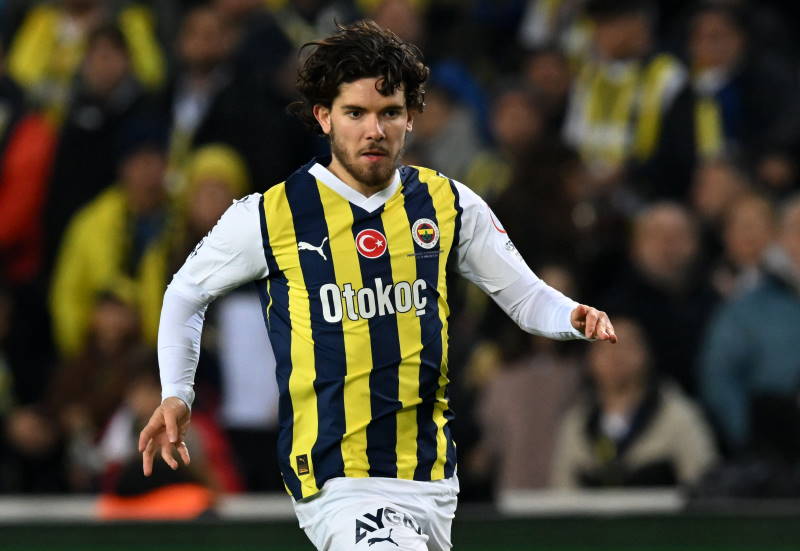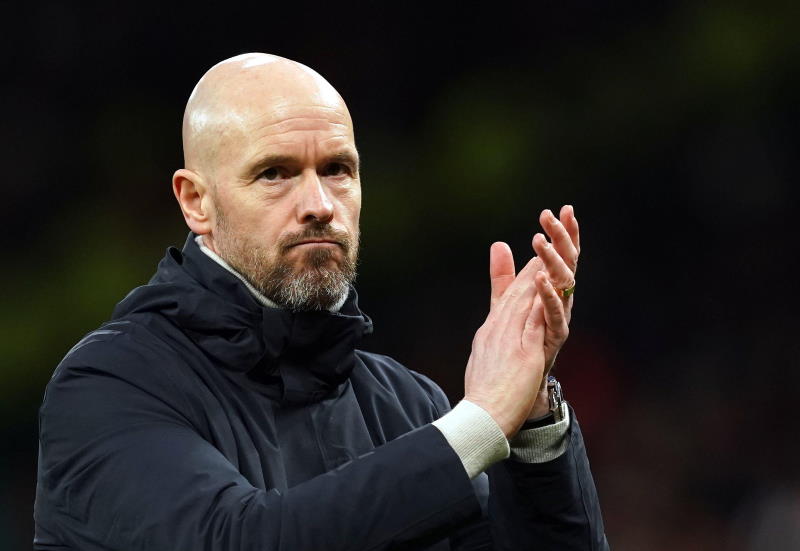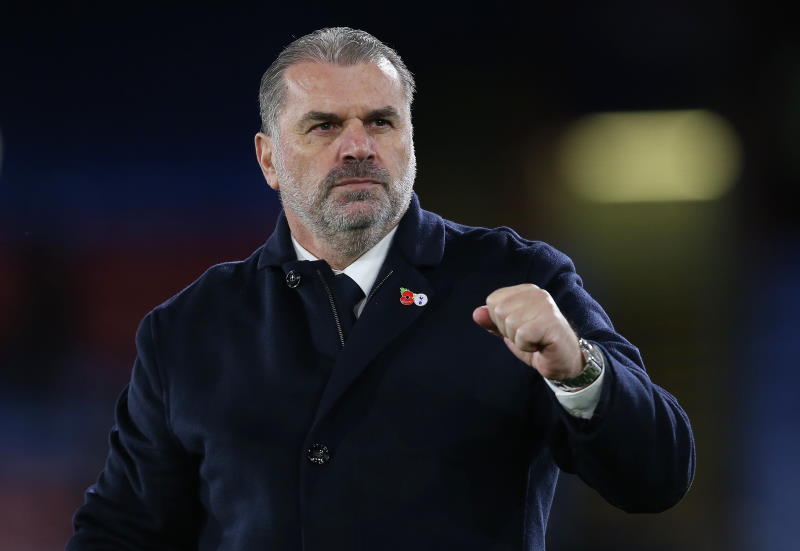
Joel Amorim
During the time of Czechoslovakia, football was complete dominated by teams from the country’s capital city, Prague. Sparta Prague, Slavia Prague and Dukla Prague all carved the game up, with interference from Slovan Bratislava and Spartak Trnava only during the 1970s. The dismemberment of Czechoslovakia in 1993 split the country in two, but in the Czech Republic the dominance of Sparta Prague continued: they have won eleven titles in 19 years and are by far the most successful Czech side in European competition too.
However, since 2009 a new team are doing their best to make a stand in the country’s domestic Gambrinus Liga. Viktoria Plzen have picked up two Czech titles over the last four years, along with a Czech Cup and a Czech Super Cup. The club hail from a city known worldwide for its Pilsner beer, but their football tradition is far from even domestic in reputation and the side have spent a great deal of their existence bouncing between the first and second tiers.
In 2008, Viktoria Plzen took a turn towards success by signing up the man who until recently was their head coach, Pavel Vrba. The 50-year-old, who has been handed the job of Czech Republic coach this month, implemented a winning mentality at the club and quickly established them as the new powerhouses of Czech football. Vrba is widely known for espousing an attacking and attractive game, with Viktoria Plzen scoring over 190 goals in the last three seasons in the Czech top flight, while last term they only conceded 21 goals.
This season Viktorka, as they are often known, currently sit second in the league standings behind a Sparta Prague side that look unstoppable so far. With 16 games already played, Viktoria Plzen sit five points behind the capital club.
Viktoria Plzen’s continental campaign is roaring along though, with the side recovering from what seemed a nightmare Champions League group stage draw, alongside Bayern Munich, CSKA Moscow and Manchester City, to finish third and book a Europa League place – the perfect send off for Vrba. In the qualifying rounds Viktorka were impressive, plotting a way past FK Zeljeznicar, Nomme Kalju of Estonia and Slovenian outfit NK Maribor. But it is their group stage push that has really made headlines.
Heading to Manchester City for their fifth matchday, the Czech champions were expected to be easy prey, but came from behind twice to give the Citizens a real scare and in the end only lose 4-2. Captain Pavel Horvath, a 38-year-old midfielder who counts Sporting Lisbon, Galatasaray and Vissel Kobe amongst his former clubs, provides steely experience, while Marek Bakos, a 30-year-old striker, Daniel Kolar, a 28-year-old midfielder, Frantisek Rajtoral, a 27-year-old right-sided schemer and 23-year-old striker Stanislav Tecl, bring enthusiasm and determination to the team. And this was evident in the club's final group stage game, which saw them rally to beat CSKA Moscow 2-1 to book a Europa League spot.
Viktoria Plzen’s next big test comes with life post-Vrba. The 50-year-old was vital to the club’s success and his achievements did not go unnoticed by the Czech Football Association, who were forced to activate his buy-out clause of €300,000 to get their man.
The club that helped to forge impressive Chelsea goalkeeper Petr Cech in the past will now be called upon to reshape themselves once again. It remains to be seen how Viktoria Plzen will react to the loss of Vrba, but he has at least left them Europa League football for 2014.
Don't bet on football until you've visited Inside Bet! Interesting markets, top tips, betting facts – get all the info before you bet.

